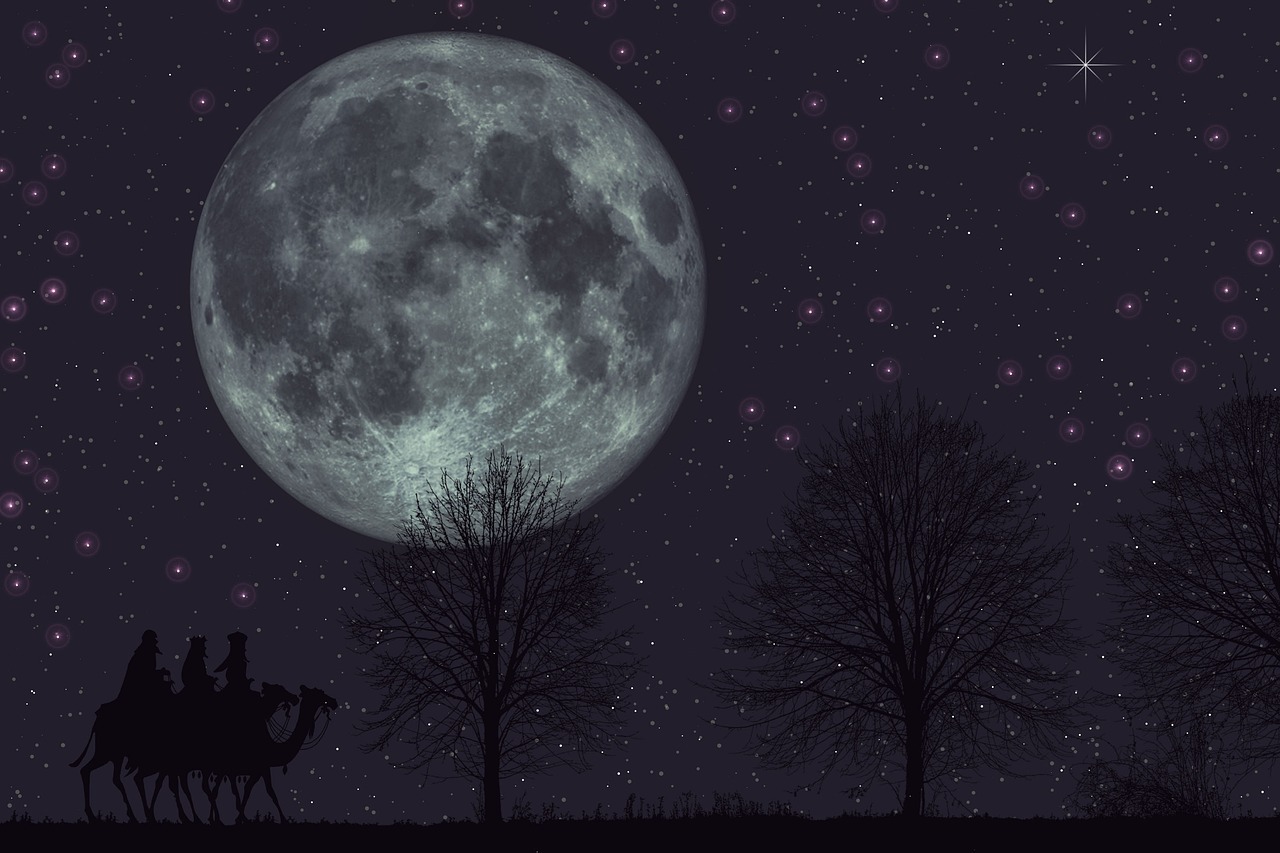A Reflection for the Feast of the Epiphany
Readings: Isaiah 60: 1-6; Psalm 72; Ephesians 3: 2-3a, 5-6 (RM) or 1-12 (RCL);
Matthew 2: 1-12.
The year was 1987. A world-renowned professor of catechetics had assembled a crack team of experts in scripture, religious education, liturgical theology and liturgical music to work on a comprehensive Lectionary for Masses with Children.
The work ran aground briefly on the readings for Epiphany, specifically Matthew’s description of the profession of the visitors to the stable in Bethlehem. Consistent with the committee’s painstaking policy of simplifying Bible language for children while retaining accuracy, “Magi” did not sound quite right in today’s English. Kids wouldn’t know what that word meant. “Wise men” was not inclusive and not very specific. The draft text written by the scripture scholar read “astrologers,” and the professor protested, “Why change this? It is very simple! Les Mages! Les Mages!” (Her first language was French.) There was some counter-argument supporting “astrologers.”
And then I, the lowly editorial assistant, spoke up. I pointed out that the big news story in the United States at the moment was the shock and ridicule directed at President Ronald Reagan and Nancy Reagan because of the disclosure that they routinely consulted astrologers to determine auspicious dates and times for important government meetings. A superstitious President! OMG! His credibility was at stake. And after all, the primary market for this project was in the U.S.
I hesitantly suggested “astronomers.”
More discussion ensued, and in the end we wrote “astronomers.”
Fast forward three years when, after much struggle with publishers, bishops and canon lawyers, the three-volume Book of Readings plus catechetical materials, leaders’ and parents’ guides, children’s leaflets and singable music, was finally published, distributed and sent around for critical review. And wouldn’t you know, one reviewer, out of all these voluminous texts, seized on this reading, protesting that to call the Magi “astronomers” was, well, just silly. Arrrgh … sometimes you can’t win.
Seen in the long scope of church history, the objection to astrology wasn’t far off the mark – some of our ancestors in faith reacted much the same. New Testament experts today think the word “magi” could have meant a caste of wise persons possibly associated with astrology, Zoroastrianism, interpreting dreams or magic. They only became “kings” when this passage was coupled with Psalm 72: 10-11 and two texts from Isaiah, and their number only settled at “three” because of the three gifts, amounting to one apiece, each one a statement about the Christ child.
But it was the “star” thing that upset some early Christians. It fed into the idea, prevalent among many then and some now, that the stars determine human fate. If this were true, humans would be simply puppets of unseen forces, reduced to helplessness. Only when the focus is shifted can we see the core story here as one of human recognition and response, not astral control. The Christ child, the cosmic Christ, does not overwrite human responsibility, but calls humans to conversion, metanoia, to act decisively to repair the damage done to the world by injustice, to act with justice and love in all our affairs – to walk in light.
Matthew’s point was to assert that this newborn was a king in the line of David, not a brutal tyrant as was Herod. The world was about to turn.
In the end, the astronomers –the Magi– practiced prophetic disobedience of Herod’s command that they report back on the child’s location. Good for them. They listened to their subconscious awareness, heeded their inner truth, gathered their courage, and refused to obey. They simply took another route home.
Would that it were so simple now, at the start of 2025, to ignore the deep concern and foreboding that hits us with every news report. The story of a long-dead king and how the distinguished visitors slipped past his control is too easy. How do we discern the best way through troubled, troubling or troublesome developments in our own time? aspiring dictators, self-interested gazillionaires, oncoming presidents, would-be prime ministers, fueled by dangerous populist movements?
If the star is no longer visible in the east, can we be a star for each other?
© Susan K. Roll
This is a revised and updated version of the Reflection from January 3, 2021.
Susan Roll retired from the Faculty of Theology at Saint Paul University, Ottawa, in 2018, where she served as Director of the Sophia Research Centre. Her research and publications are centred in the fields of liturgy, sacraments, and feminist theology. She holds a Ph.D. from the Catholic University of Leuven (Louvain), Belgium, and has been involved with international academic societies in liturgy and theology, as well as university chaplaincy, Indigenous ministry and church reform projects.





One of the lines in you reflection that leaped out at me was: “Matthew’s point was … that this newborn was a king in the line of David, not a brutal tyrant as was Herod. The world was about to turn.”
I have a similar sense of our present time: that the world is about to turn. Is turning. In the midst of so much contemporary destruction, creative forces are also at work – among us and within us.